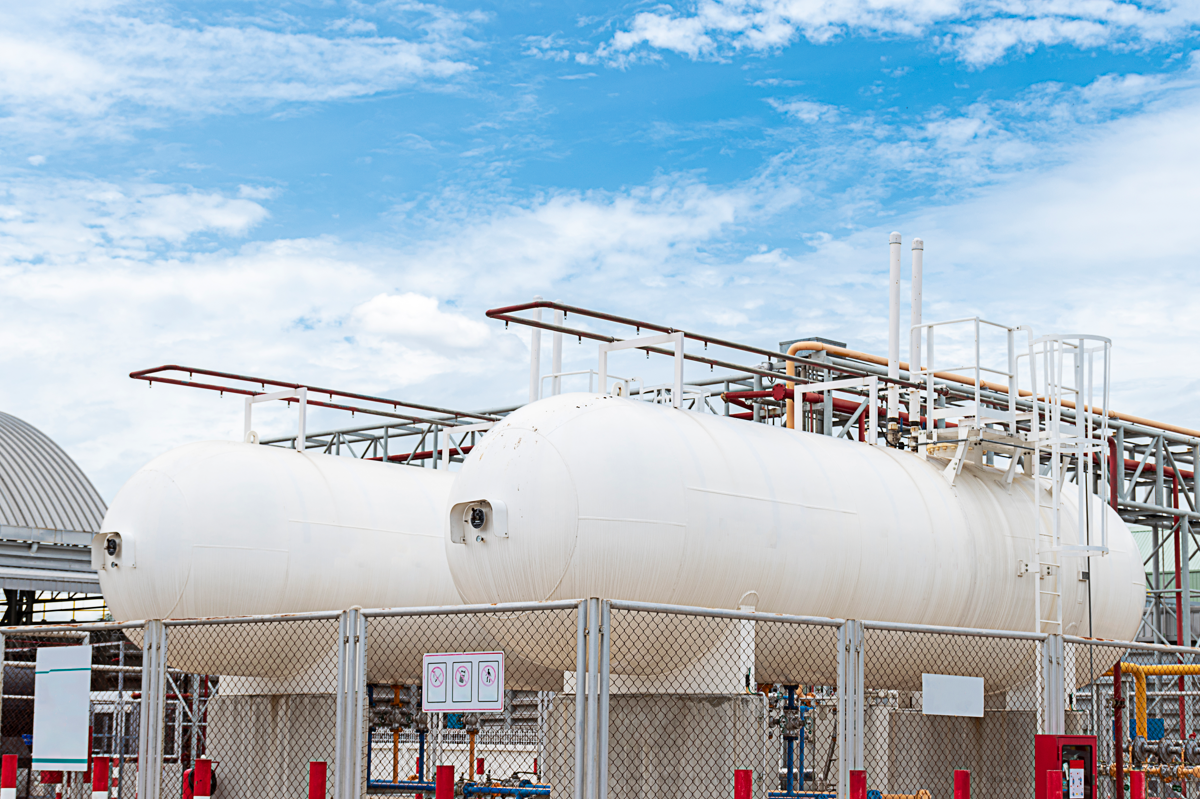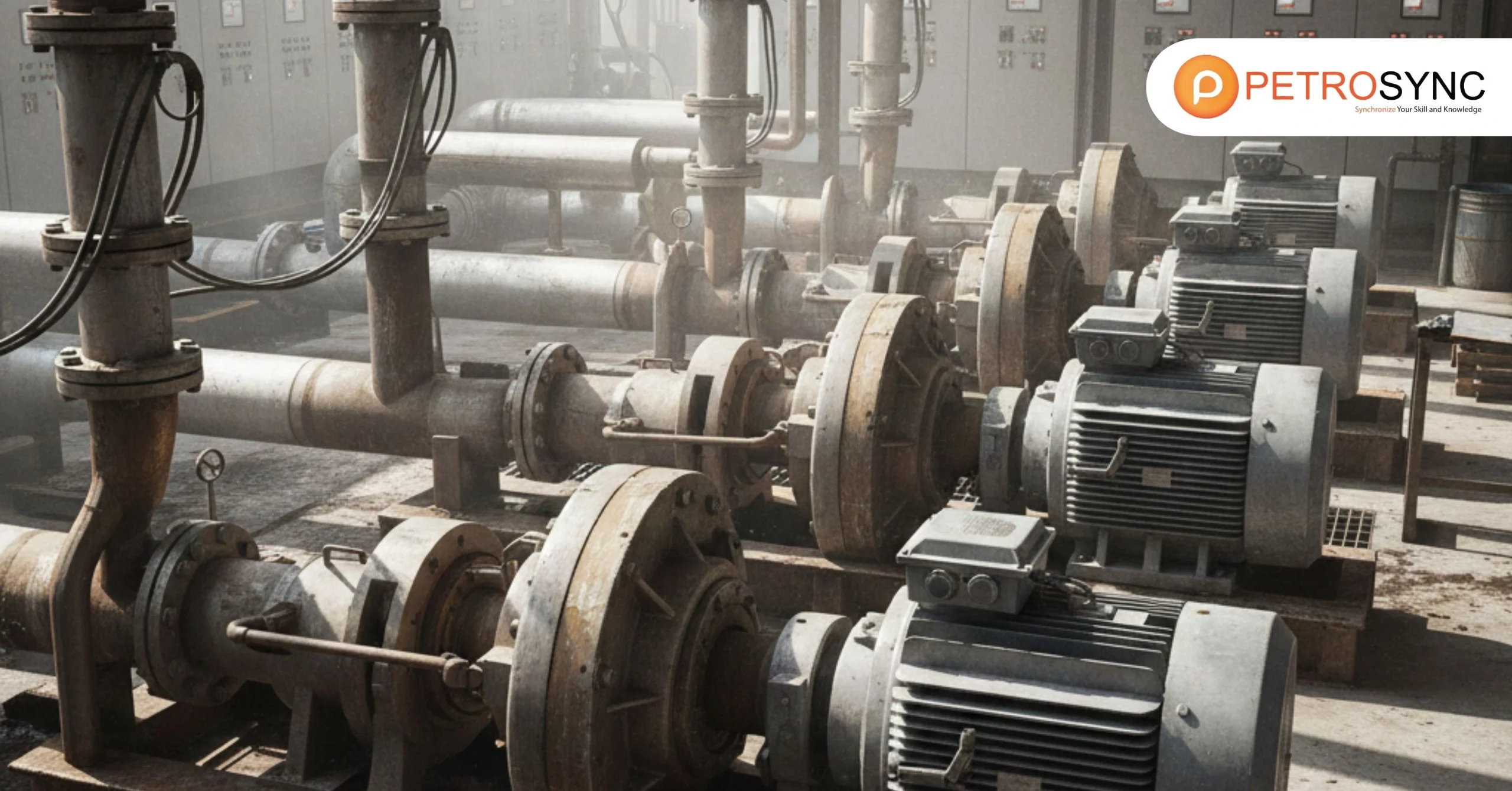Instrument Engineer is one of various jobs that support industries by ensuring the smooth operation of machinery and control systems. In this article, we’ll explore the role of an Instrument Engineer, including their responsibilities, qualifications, and the demand for their skills in different industries.
What Does An Instrument Engineer Do?
An Instrument Engineer is responsible for planning, installing, monitoring, and maintaining control systems and machinery within manufacturing environments, as well as designing, installing, and maintaining instruments and control systems used in various industries.
You will work with a range of equipment such as sensors, meters, and control valves to ensure accurate measurement and control of processes. Your tasks may include selecting appropriate instruments, calibrating them, troubleshooting issues, and implementing upgrades to enhance efficiency and safety. Overall, your role is crucial in ensuring that equipment operates reliably and processes run smoothly within industrial settings.
How Is The Work Environment of An Instrument Engineer?
The work environment of an Instrument Engineer involves a blend of office-based tasks and hands-on activities in industrial settings. In the office, you will spend time analyzing data, designing control systems, and collaborating with colleagues to plan projects. You may also participate in meetings to discuss project progress and troubleshoot issues.
In the field, you will be on-site in petrochemical plants or process industries, where you will install and calibrate instruments, conduct inspections, and oversee maintenance activities. For example, you might inspect control panels, test sensors, or troubleshoot equipment malfunctions. This combination of office and field work allows you to apply your technical expertise in both planning and implementing solutions to ensure the smooth operation of machinery and control systems.
Are Instrument Engineers in Demand?
Instrumentation engineers are highly sought after across a variety of industries due to their expertise in designing, developing, and maintaining instruments and control systems. They play a crucial role in ensuring the precision and reliability of industrial processes by using a range of measuring and control devices. This demand stems from the critical need for control and measurement in industries such as manufacturing, petrochemicals, pharmaceuticals, energy, and more.
In addition to these sectors, instrumentation engineers are also in demand in fields like construction, agriculture, and mining. Industries such as chemical, pharmaceuticals, manufacturing, aerospace, power generation, oil and gas, food and beverage, and renewable energy are among the top recruiters for instrumentation technology graduates. The skills of instrumentation engineers are essential for the effective operation of vital systems and processes in these industries.
Whether in the private or public sector, consultancy, or research groups, job prospects for instrumentation engineers are promising. Their ability to ensure the efficient and safe operation of industrial processes makes them valuable assets across various sectors.
How Much An Instrument Engineer Can Earn?
According to Glassdoor, in the Jakarta, Indonesia area, an Instrumentation Engineer’s estimated total pay is IDR 14,055,651 per month, with an average salary of IDR 8,000,000 per month. This includes additional pay of approximately IDR 6,055,651 per month, which may include bonuses, commissions, tips, and profit sharing. The “Most Likely Range” falls within the 25th and 75th percentiles of all pay data available for this role.
Meanwhile, according to Indeed.com, the average salary for an instrumentation engineer in the United States is $107,589 per year, with reported salaries ranging from $75,536 to $153,244. These figures are based on 868 reported salaries, updated as of April 15, 2024.
What Are The Subdisciplines of An Instrument Engineer?
As an Instrument Engineer, you may specialize in various sub disciplines within the field of instrumentation engineering. Some of these sub disciplines include:
1. Control Systems Engineering
Focuses on designing and implementing control systems to regulate and optimize industrial processes.
2. Process Instrumentation
Involves the selection, installation, and maintenance of instruments used to measure and control parameters such as temperature, pressure, flow, and level in industrial processes.
3. Automation Engineering
Deals with the design and implementation of automated systems and technologies to enhance efficiency and productivity in manufacturing and production environments.
4. Instrumentation and Control Engineering
Combines principles of instrumentation and control systems to develop integrated solutions for monitoring and managing industrial processes.
5. Electrical and Instrumentation Engineering
Integrates electrical engineering principles with instrumentation techniques to design and maintain electrical and control systems in industrial settings.
These subdisciplines offer specialized roles and career paths within the broader field of instrumentation engineering, allowing professionals to focus on specific areas of expertise based on their interests and skills.
What Is The Qualification of An Instrument Engineer?
To become an Instrument Engineer, you typically need a bachelor’s degree in a relevant field of engineering, such as:
1. Electrical Engineering
This degree provides a solid foundation in understanding electrical systems, circuits, and power distribution, which are essential for working with instrumentation and control systems.
2. Mechanical Engineering
A degree in Mechanical Engineering equips you with knowledge of mechanical systems, materials science, and manufacturing processes, which are important for designing and maintaining instruments used in industrial settings.
3. Instrumentation Engineering
Some universities offer specialized programs in Instrumentation Engineering, focusing specifically on the design, installation, and maintenance of instruments and control systems.
qualifications as an Instrument Engineer.
Enrolling in API training, ASME training, or Maintenance and Reliability training from PetroSync can greatly complement your skills as an Instrument Engineer and boost your overall skillset. These training programs provide in-depth knowledge and practical insights into industry standards, best practices, and the latest technologies relevant to instrumentation engineering.
By participating in these courses, you will gain valuable expertise that directly applies to your job responsibilities, allowing you to effectively implement API standards and ASME standards, optimize maintenance strategies, and enhance the reliability and performance of instrumentation systems.
With PetroSync’s comprehensive training programs, you will not only expand your technical knowledge but also strengthen your problem-solving abilities and advance your career in the field of instrumentation engineering. Invest in your professional development today and take your skills to the next level with PetroSync’s specialized training opportunities.
Credit Header Image: Freepik

SEO specialist by day, fact-checker by night. An avid reader and content writer dedicated to delivering accurate and engaging articles through research and credible sources.






